MERZOUGA, Morocco, Oct 27, V7N- In Morocco's southeastern desert, recent rainfall has transformed the arid landscape, rejuvenating lakes and ponds that locals and tourists are celebrating as a "gift from the heavens." Merzouga, a popular tourist town located approximately 600 kilometers southeast of Rabat, has experienced a remarkable revival as its once-barren golden dunes are now interspersed with replenished water bodies.
Local tour guides, like Youssef Ait Chiga, have welcomed the rains, which have drawn an influx of visitors eager to witness this unexpected transformation. French tourist Laetitia Chevallier remarked on the area's revival, stating, "The desert became green again, the animals have food again, and the plants and palm trees came back to life." For many, this marks a significant change, as the basin had been dry for nearly 20 years.
The recent rains come as Morocco grapples with its worst drought in nearly 40 years, with last year recorded as the driest in 80 years, reflecting a 48 percent decline in rainfall. Although September brought torrential rains that led to tragic flooding in southern Morocco, killing at least 28 people, the current rainfall is seen as a vital source of relief for the region.
Experts link the unusual weather patterns to climate change, with Moroccan climate scientist Fatima Driouech stating, "Everything suggests that this is a sign of climate change." While these rains have partially replenished reservoirs and groundwater aquifers, experts caution that sustained rainfall is necessary for lasting improvements, as Morocco continues to deal with the long-term effects of drought.
Tourists like Jean Marc Berhocoirigoin expressed their amazement at seeing Yasmina Lake filled again, a sight he hadn't witnessed in 15 years. While the recent downpours have brought temporary relief and beauty to the desert, experts warn that one extreme weather event cannot bring about permanent change. The Moroccan meteorological agency has indicated that such heavy rains may become more frequent due to shifting climate patterns, emphasizing the need for ongoing research into the implications of climate change in the region.
END/CLM/RH/




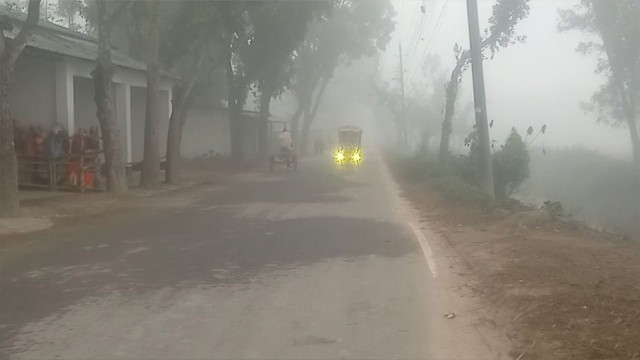

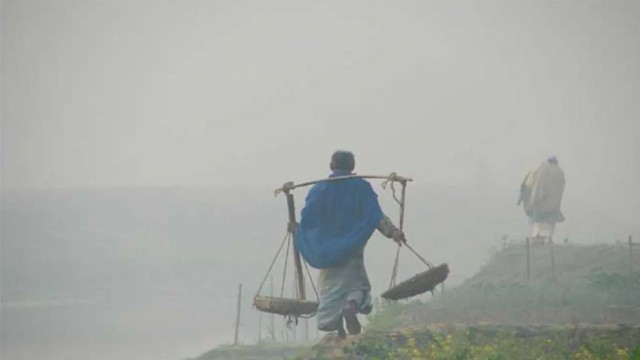
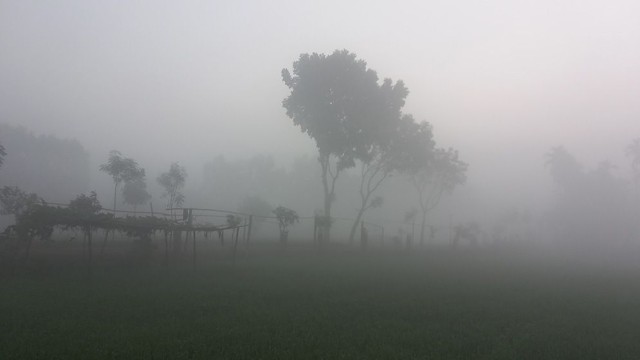
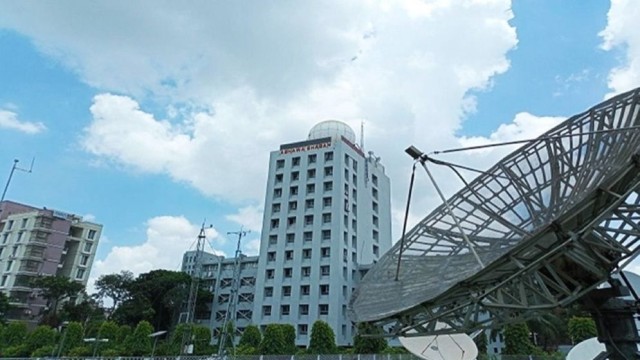





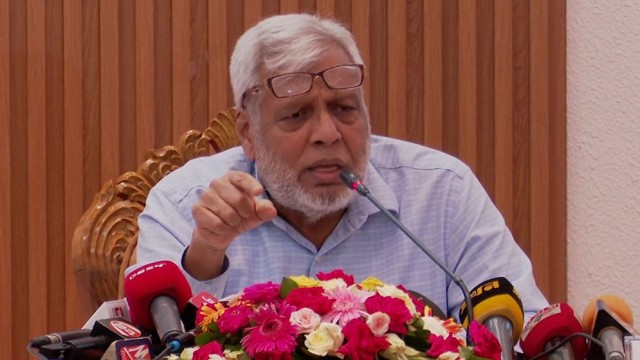













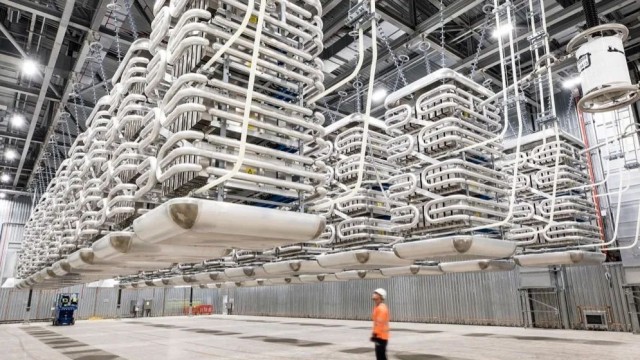

Comment: